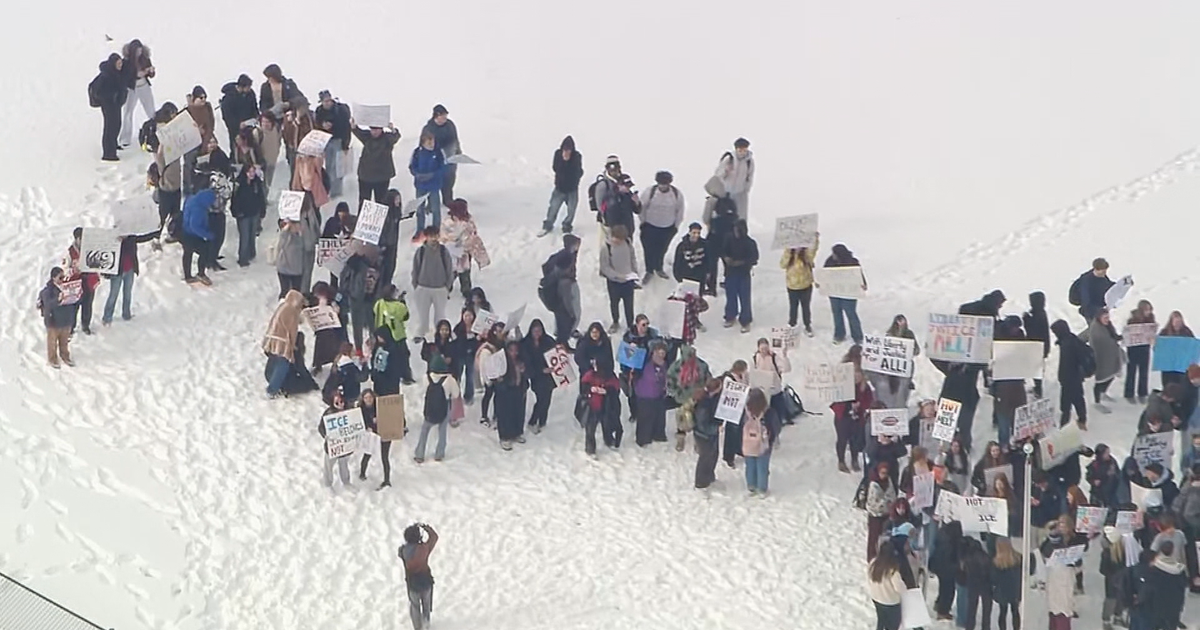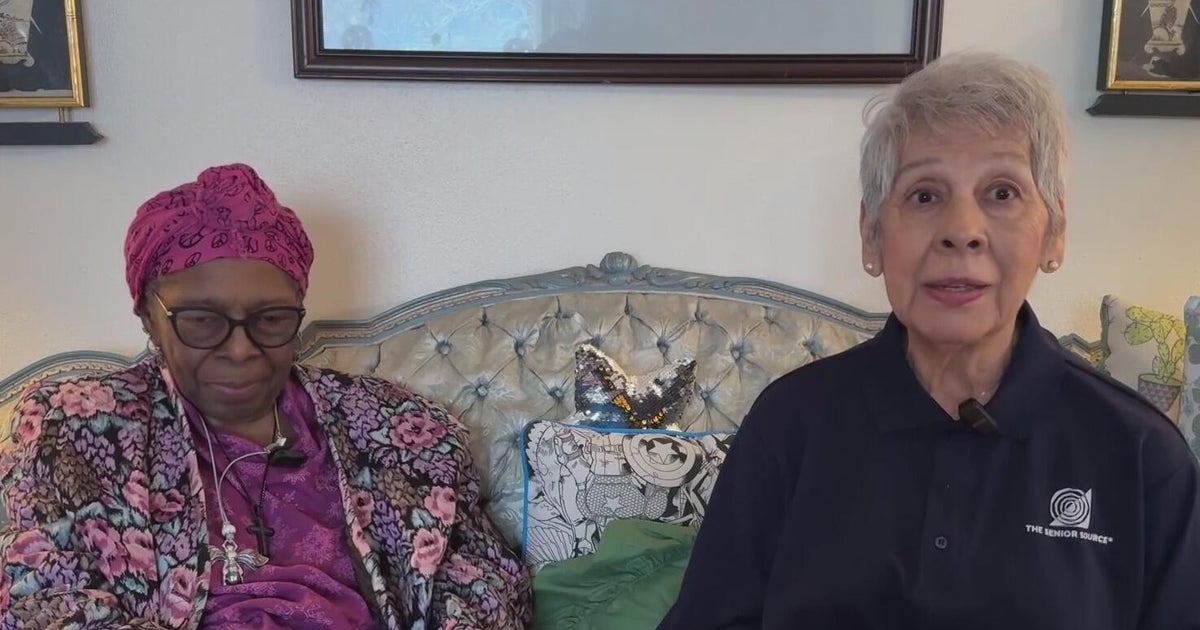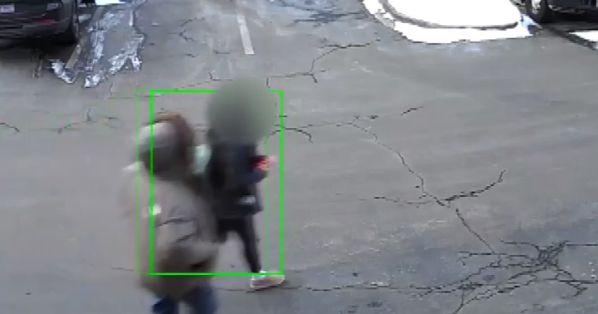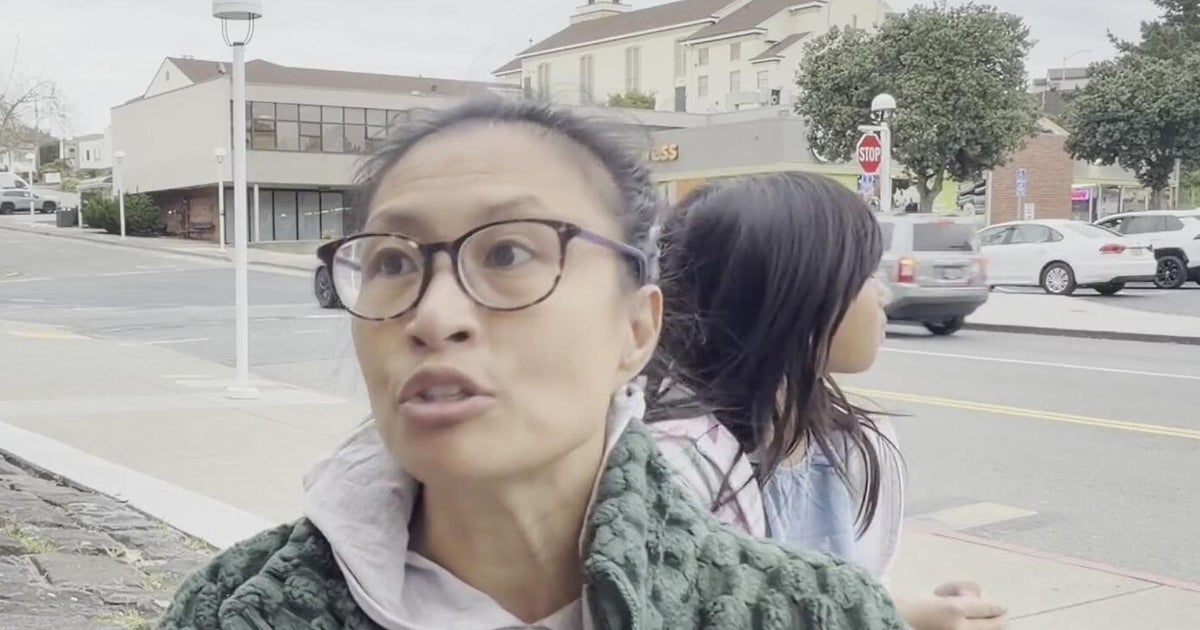Is Barefoot Running Better For You?
BOSTON (CBS) - When stretching out for a run on the Esplanade in Boston, Preston Curtis looks like he forgot something. The bottoms of his feet are covered with dirt, a clear sign he's been walking around without shoes. But it wasn't an oversight; Curtis skipped the shoes on purpose. "When I run barefoot, my feet really feel good. They actually feel like they're getting a message," he said.
It may sound a bit crazy, but barefoot running is actually a new craze and you'll see people all over Boston running without shoes. According to Jeff Dengate of Runner's World Magazine, the sport has a passionate following. "The idea behind it is it's sort of the way we were born to run. It's the natural way of running," he said.
Those who can't imagine the idea of no protection at all are opting for minimalist shoes. "The truly minimalist or barefoot-like shoes are nothing more than a layer for abrasion resistance and something to hold it onto your foot," Dengate explained.
According to Dr. Holly Johnson of Mass General Hospital and The American Academy of Orthopedic Surgeons, leaving the shoes at home causes most runners to switch up their step. "Typically, the barefoot runner lands with the front of the foot or the middle of the foot hitting the ground first, whereas the runner with shoes on will strike the ground with their heel first," she explained.
Many runners, including Curtis, believe barefoot running actually helps prevent injury, even though they're exposed to problems other runners don't face. "I've only had three tiny shards of glass get in my foot and they've really caused no problem," he said.
Dr. Johnson is not buying the fact that going barefoot means fewer injuries.
"There's really no evidence out there that shows that barefoot running either prevents injury or cause more injury," she said.
It's common for Dr. Johnson to see several barefoot runners a week. "The most common injury I see in a barefoot runner is a stress fracture or a tendon problem that occur typically when the patient is transitioning from shoe wear to no shoes," she said.
According to Dengate, runners should make that transition gradually. He said it can take some runners months or even up to a year to ditch the shoes completely.







